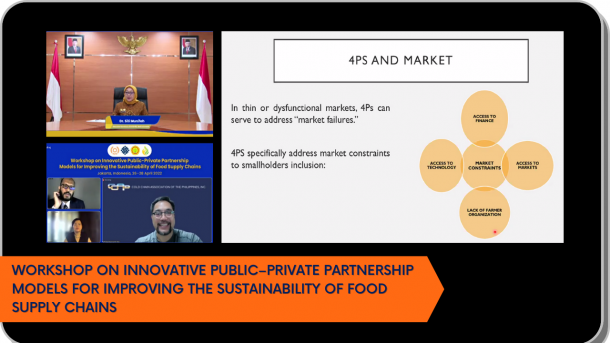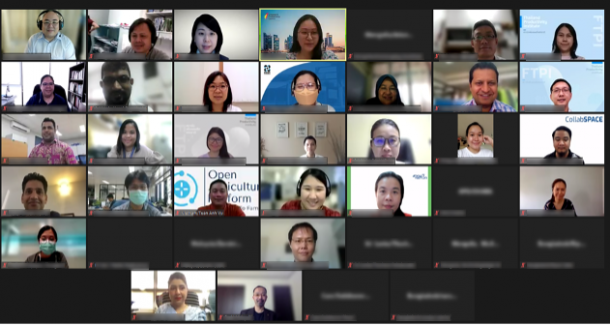
Select Page

Food-related businesses in Asia are becoming more dynamic, complex, and competitive. Food systems in the Asian region have undergone major changes due to rapid economic growth, increasing populations and demographic shifts, urbanization, rural and urban transformation, changing food consumption behavior, and climate change. The effects of the COVID-19 pandemic on agriculture exacerbated and compounded current challenges. To overcome these and stay competitive, food businesses must improve and sustain their efficiency and overall productivity.
Public–private partnerships (PPPs) have emerged as important mechanisms to increase productivity in the agrifood and other sectors to benefit both producers and consumers. However, more cooperation through PPPs is needed to build productive, sustainable food supply chains. Examples of potential areas where PPPs could enhance the productivity of the agrifood sector include promoting smart, digital agriculture and using quality agricultural inputs such as seeds and fertilizers.
The APO organized a workshop on Innovative Public–private Partnership Models for Improving the Sustainability of Food Supply Chains, 26–28 April. The 53 participants from 13 member economies explored the importance of PPPs for leveraging resources and generating investments in agribusiness support services and infrastructure. They also discussed the appropriate policy environment and conditions for mutually beneficial PPPs to flourish and integrate the interests of all parties equitably, transparently, and sustainably. Three resource persons from Bangladesh, Italy, and Singapore gave presentations and facilitated discussion sessions during the workshop.
